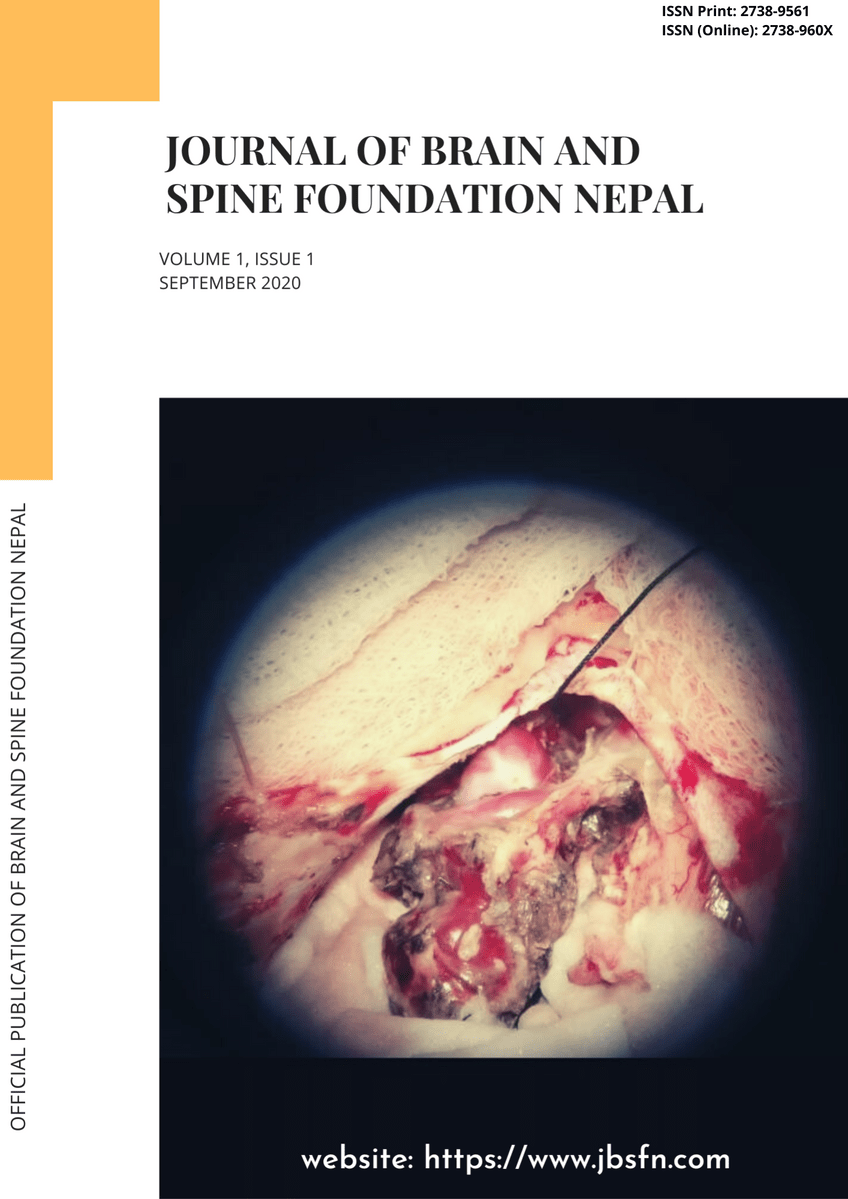Factors predicting post-traumatic seizure and epilepsy after traumatic brain injury- A retrospective study in tertiary care center of western Nepal
DOI:
https://doi.org/10.3126/jbsfn.v1i1.32219Keywords:
Post-traumatic epilepsy, Seizures, Traumatic brain injuryAbstract
Introduction: Posttraumatic seizures are the seizures that arise from traumatic brain injury and brain harm due to physical trauma. This study aims to study various clinic-demographic factors associated with post traumatic seizure in Western Nepal.
Methods: A retrospective analytical study was carried out in a tertiary hospital of Nepal to determine factors associated with post traumatic seizures. Various parameters were tested for association with post traumatic seizure using student’s t test for quantitative and chi square or Fischer Exact test for categorical variables. All the variables showing significant association were subjected to binary logistic regression. P-value ≤0.05 was considered statistically significant.
Results: There were 66 (21.02%) cases with post traumatic seizure in our study. Univariate analysis showed significant association of fall injury (p=0.004), loss of consciousness (p=0.001), post traumatic amnesia (p=0.012), severity of head injury (Glasgow coma scale) (p=0.011) and depressed fractures (p<0.001). A binary logistic regression was done amongst parameters with significant association with post traumatic seizure which showed patients with fall injury (OR 3.150, P=0.003, CI= 1.473-6.734) and depressed skull fractures (OR 26.278, p<0.001, CI= 12.155-56.809) had statistical significant association.
Conclusion: Injuries secondary to fall, post traumatic amnesia, loss of consciousness, severity of head injury in terms of GCS and depressed skull fractures were significantly associated with post traumatic seizures in our study. On multiple regression model with adjusted odds of 3.15 (1.473-6.734) and depressed skull fractures with an adjusted odds of 26.278 (12.155-56.809) were significantly associated with post traumatic seizure.

